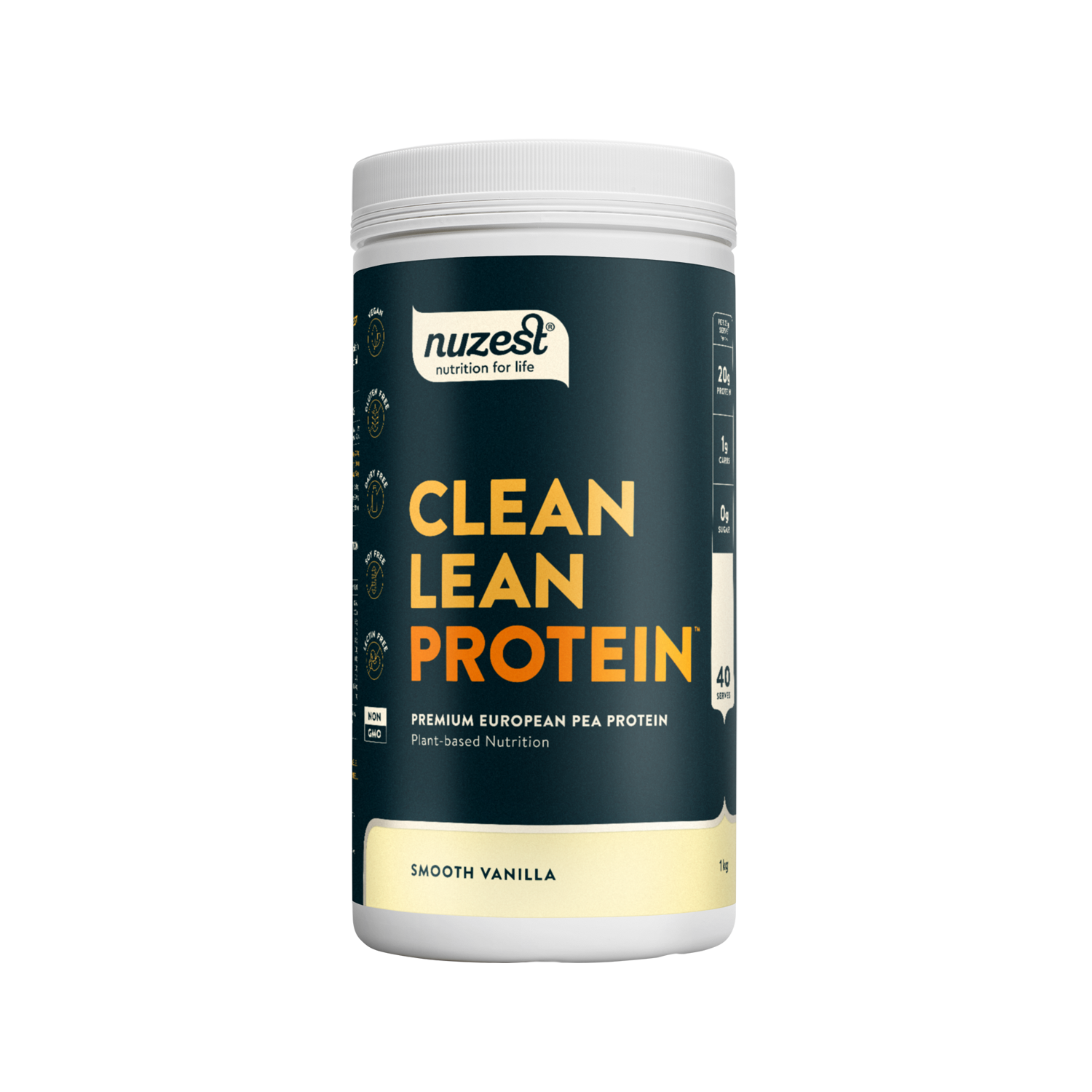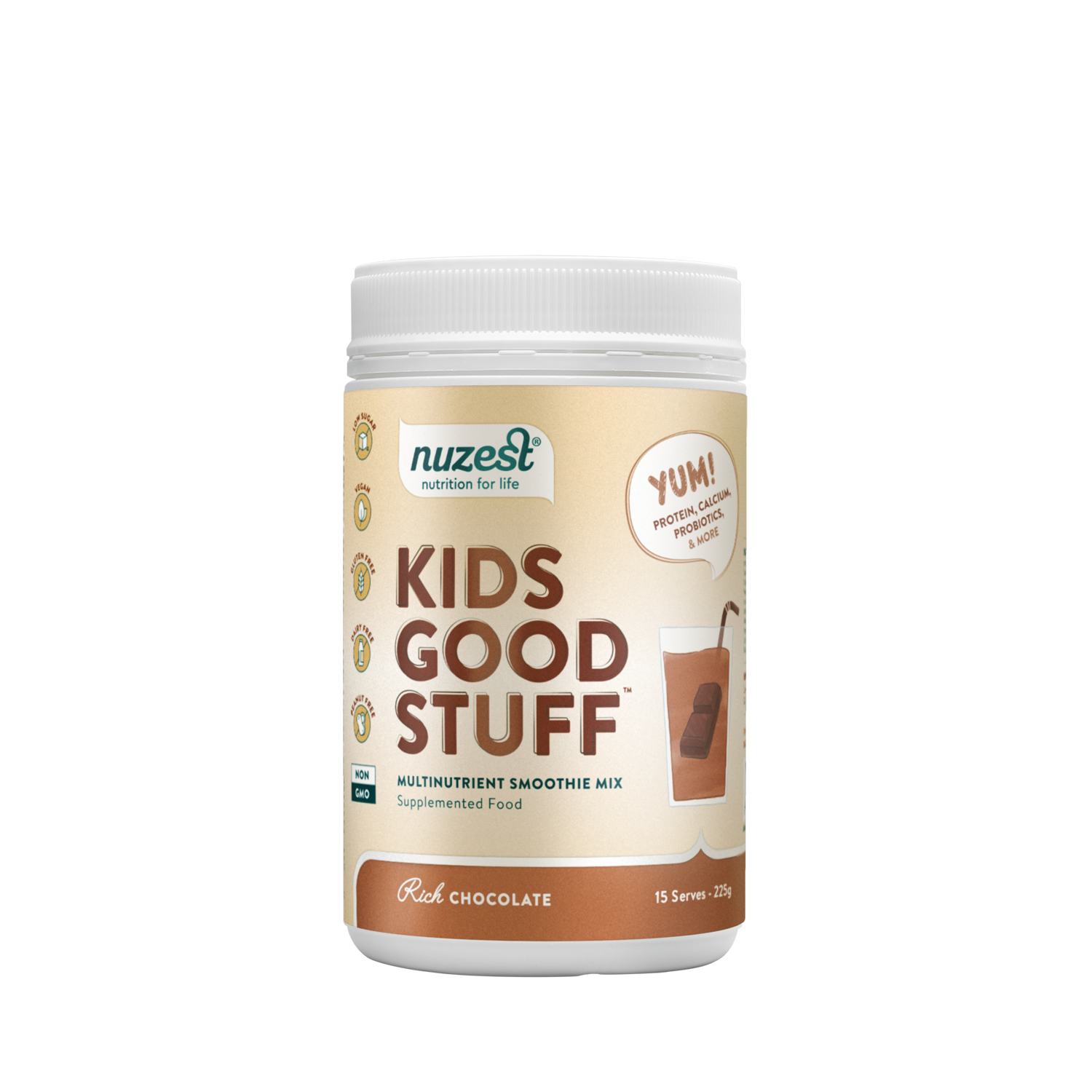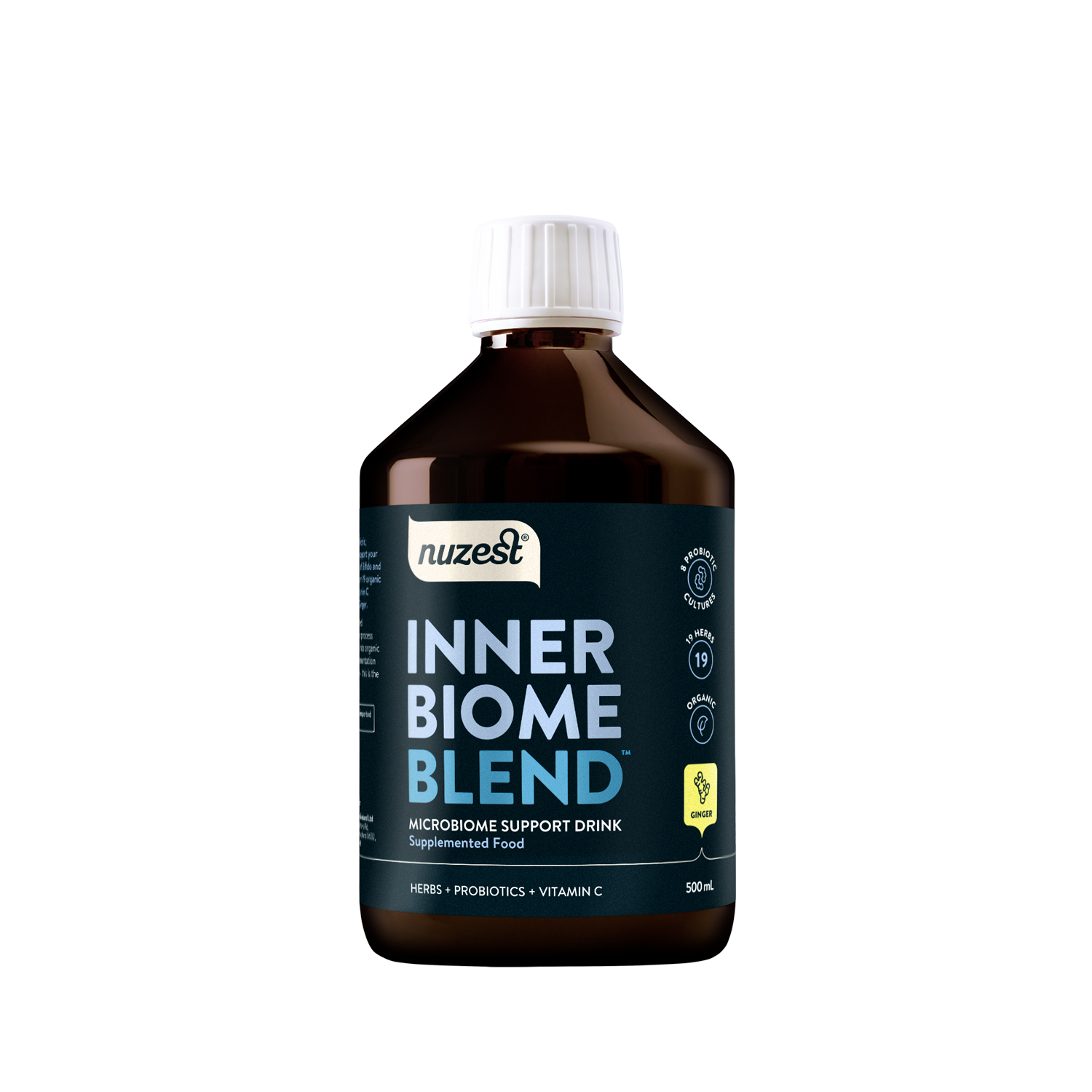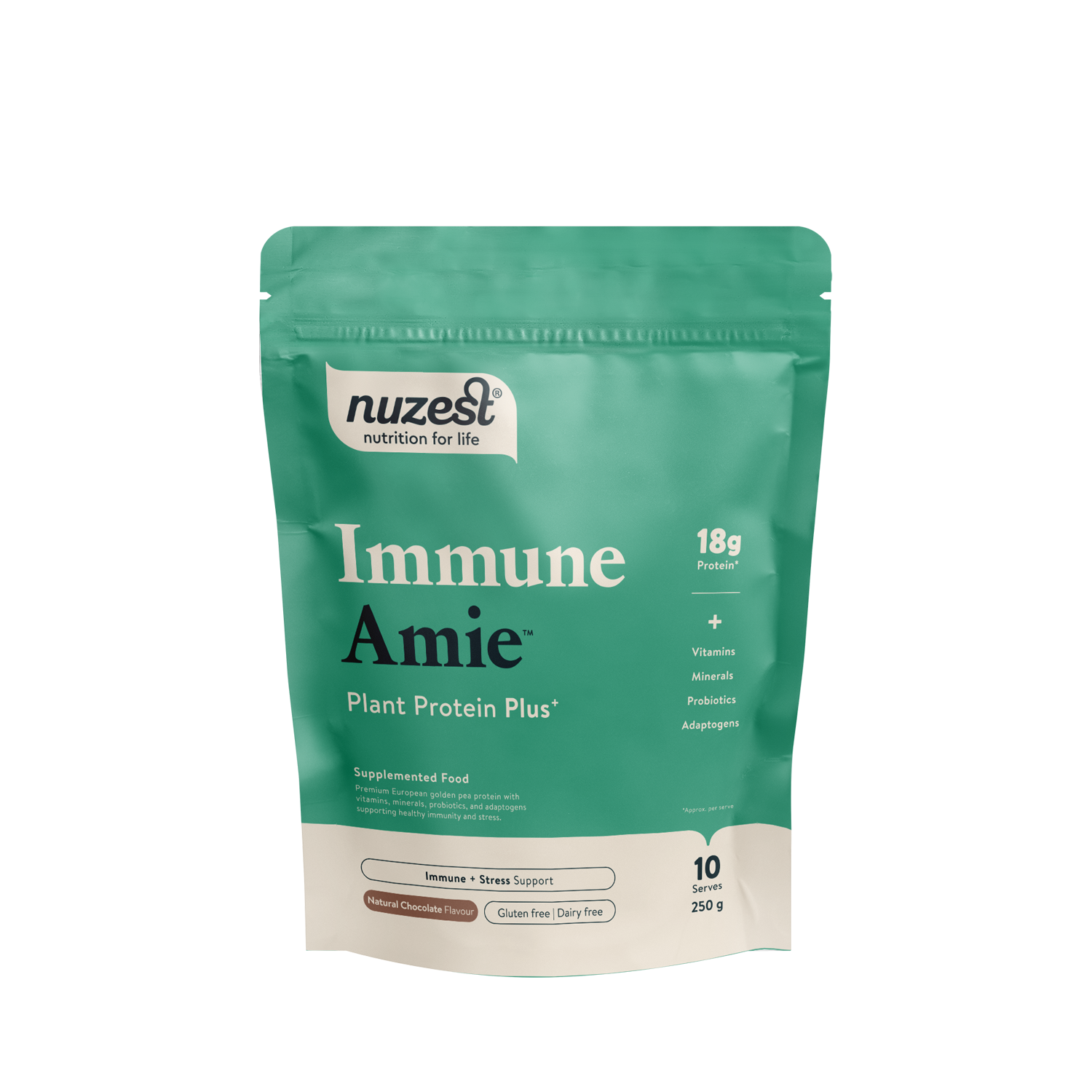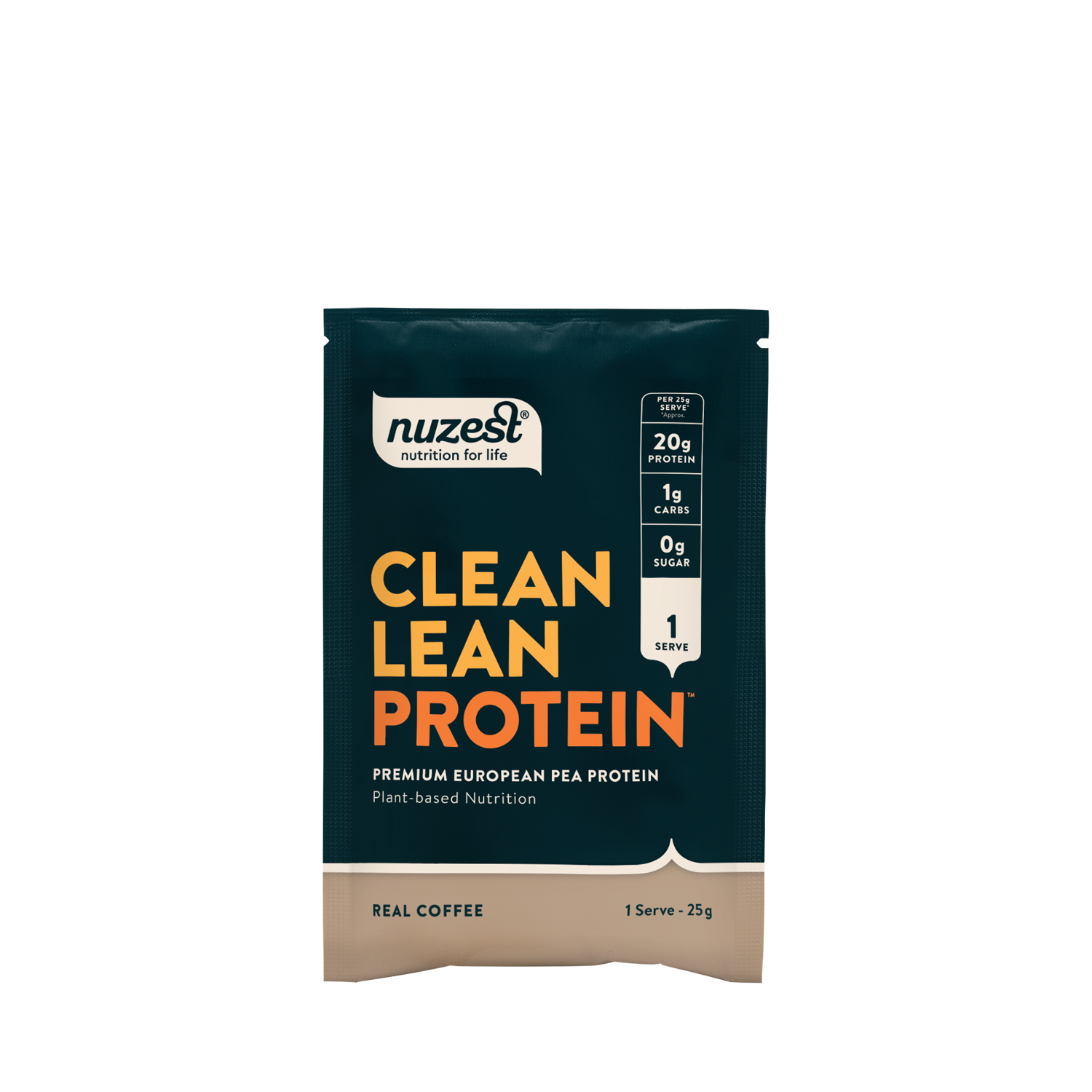Author: Megan Jones (Adv.Dip.NutMed, BHsc.NutMed)
A healthy immune system defends our bodies against disease and infection. It can distinguish between its own cells versus unrecognised specimens or pathogens such as bacteria, viruses or harmful microorganisms.[1] When it senses a foreign invader, the body mounts an appropriate and temporary inflammatory response, and eventually returns our body to a state of balance, aka “homeostasis”.[2]
When the body's immune system malfunctions however, it can become overactive and mistakenly recognise its own healthy cells as foreign, attacking not only these cells, but tissues and organs as well. This results in chronic inflammation and also weaker bodily function – giving rise to autoimmunity.[3]
Autoimmune diseases are a broad range of more than eighty related disorders, that range from common to very rare and all of which have a unique set of symptoms and treatment options.[4]
Read on to learn more about autoimmunity, and in particular Multiple Sclerosis – a condition that lies at the very core of our brand here at Nuzest, and is close to our hearts. In this article we uncover autoimmune disease processes as they relate to nutrition, and how modifying our diets and nutrient intake can have a huge impact on managing symptoms and supporting overall health and wellbeing.
What is Multiple Sclerosis (MS)?
MS is a chronic autoimmune disease of the central nervous system and is one of the most common neurological disorders worldwide. With almost 3 million people diagnosed, a diagnosis happens somewhere in the world every 5 minutes.[5]
MS is characterised by inflammation and neurodegeneration of the central nervous system, where the immune system attacks the protective myelin sheath layer that surrounds the axon of neurons, disrupting communication between the brain and spinal cord. During a “flare up”, this causes symptoms such as fatigue, numbness, dizziness and mental or cognitive impairment.[6]
The role of nutrition in autoimmune disease
With thousands of metabolic reactions occurring constantly and simultaneously in the body to keep our cells healthy and working, the vitamins and minerals from the foods we eat enhance the rate of virtually all of these chemical reactions.[7]
Underconsumption of wholefoods, or too little of these nutrients over long periods of time can lead to deficiencies which in turn can lead to a deterioration of cell function and a reduction in the performance and function of our immune system.[8] [9] [10] [11]
Essentially a lack of nutrition means a weaker immune system that can be easily attacked.[12]
What’s more, the overconsumption of foods rich in sugar and processed carbohydrates can promote inflammatory processes in the body and facilitate the development of autoimmune disease.[13] [14]
While various factors, including environmental and genetic influences contribute to autoimmunity, nutrition is now widely accepted as a critical and modifiable factor in enhancing clinical outcomes.[15]
In the field of MS research, findings show a close relationship between nutritional factors and the immune system responses that play a role in both the development[16] and the degree of disease activity.[17] And while diet alone cannot cure MS or autoimmunity, some research suggests that making dietary changes may help people better manage their symptoms through supporting the body’s biology to function optimally.[18] [19]
Dietary changes to support autoimmunity
By making dietary changes and focusing on nutrient-dense options as part of an overall healthy diet, we can improve our body’s cellular health.[20] This in turn can reduce inflammation and optimise our immune system, setting our bodies up to provide the best possible immune responses.[21]
Specific dietary patterns that promote the consumption of anti-inflammatory foods have been reported to help alleviate autoimmune disease symptoms associated with increased inflammation.[22] [23] [24]
In contrast, dietary habits characterised by the consumption of foods high in fats, trans fatty acids, cholesterol, proteins, simple sugars, salt, as well as the frequent consumption of processed and “fast food” have been termed the “Western diet”, which is linked to increased inflammation and a higher risk of autoimmune reactions.[25] [26] [27]
Diets that focus on anti-inflammatory eating patterns such as the Mediterranean Diet (MD), the DASH diet and the Autoimmune Protocol (AIP) all share 2 key commonalities. These are:
- Removing common inflammatory foods
- Consuming nutrient-dense foods which are rich in fibre to help fight inflammation and support optimal immune function.
Common inflammatory foods include:
- Processed meat
- Sugar
- Processed oils
- Food additives, synthetic colours and flavours
- Fried foods
- Excess alcohol
- Saturated fats from animal products
- Refined carbohydrates.
Nutrient-dense anti-inflammatory foods to focus on:[28]
- Fruits
- Vegetables
- Healthy proteins (fish, beans, lean meats)
- Eggs
- Whole grains
- Legumes
- Nuts and seeds
- Healthy oils (extra virgin olive oil).
Anti-inflammatory food plans also include vegetarian, vegan, and ketogenic diets.[29]
The role of individual nutrients in autoimmunity
Did you know? Low levels of vitamin D – which plays a key role in modulating immune function - are associated with an increased risk of developing autoimmune diseases.[30]
Read on to discover more about not just vitamin D, but other specific nutrients to consider when managing an autoimmune condition. Of course, here at Nuzest we always recommend having a chat with your healthcare practitioner when embarking on a new dietary or supplemental regime, as every body, and every body’s biochemistry is unique.
Vitamin D
MS patients frequently present with a vitamin D deficiency.[31] Vitamin D plays a significant role in calcium balance and bone health which are critical for those with MS due to the increased risk of osteoporosis and fractures associated with the disease.[32] Vitamin D is also involved in regulating the immune system and reducing oxidative stress and subsequent inflammation within the body, while supplementation has been shown to lower the risk of MS development and slow the disease progression.[33] [34]
Our Good Green Vitality contains 20mcg of a natural form of vitamin D3, bioidentical to that within the human body - sourced from lichen so that it is suitable for vegans and vegetarians.
Vitamin B12
Vitamin B12 is crucial for maintaining a healthy immune system.[35] Its deficiency can disrupt immune system balance, potentially contributing to the development or exacerbation of autoimmune diseases.[36] It is involved in various processes critical for this immune function, including the production and maturation of immune cells, the synthesis of DNA, and the regulation of gene expression.
Additionally, vitamin B12 is essential for maintaining the integrity of the nervous system, which is often affected in autoimmune conditions like multiple sclerosis.[37] Nuzest’s Good Green Vitality contains 100mcg of the metabolically active and bioavailable form – methylcobalamin.
Omega-3 fatty acids
Omega-3 is considered one of the “essential” fatty acids that is required by the body because it cannot naturally produce it on its own. Omega-3 fatty acids have attracted a great deal of attention as potential agents in the clinical management of MS owing to their anti-inflammatory, antithrombotic, antioxidant, and immunomodulatory functions.[38] [39] [40]
Intake of these fatty acids consumed via fish, nuts, and seeds seems to be associated with the protective effects against nerve damage.[41]
Supplementation with omega-3 fatty acid is also associated with a significant reduction in disease activity in several autoimmune diseases – not only MS, but also type 1 diabetes (T1D), rheumatoid arthritis (RA) andsystemic lupus erythematosus (SLE).[42]
Just 1 daily serve of Good Green Vitality can also help in achieving significantly higher levels of essential fatty acids due to its flaxseed, spirulina, red marine algae, kelp and alpha-lipoic acid content.
Magnesium
Magnesium is the second most abundant electrolyte in the body and plays an important role in many intracellular biochemical functions.[43]
A deficiency in magnesium can cause inflammation in human body, with studies suggesting that it may play an important role in the pathophysiology – and even the worsening - of autoimmune conditions.[44] [45] [46]
Nuzest’s Good Green Vitality can provide a boost as well, containing 100mg of magnesium per serve!

